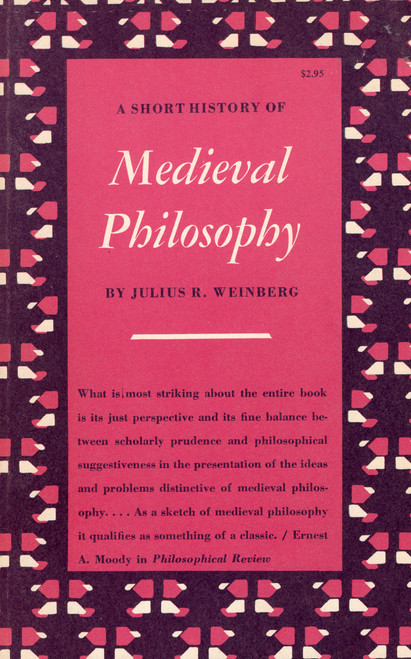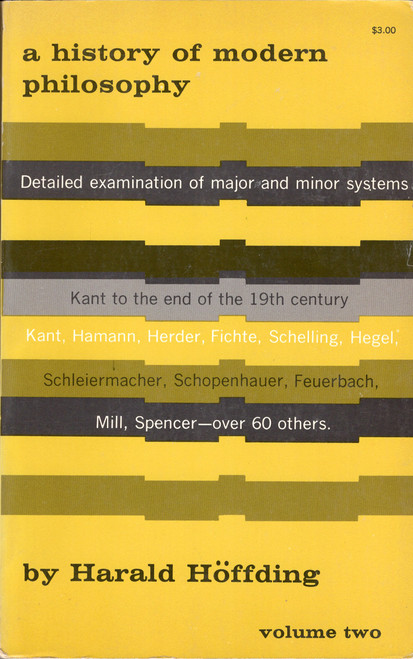Hailed as “lucid and magisterial” by The Observer, this book is universally acclaimed as the outstanding one-volume work on the subject of Western philosophy.
Considered to be one of the most important philosophical works of all time, the History of Western Philosophy is a dazzlingly unique exploration of the ideologies of significant philosophers throughout the ages—from Plato and Aristotle through to Spinoza, Kant and the twentieth century. Written by a man who changed the history of philosophy himself, this is an account that has never been rivaled since its first publication over sixty years ago.
Since its first publication in 1945, Lord Russell’s A History of Western Philosophy is still unparalleled in its comprehensiveness, its clarity, its erudition, its grace, and its wit. In seventy-six chapters he traces philosophy from the rise of Greek civilization to the emergence of logical analysis in the twentieth century.
Among the philosophers considered are: Pythagoras, Heraclitus, Parmenides, Empedocles, Anaxagoras, the Atomists, Protagoras, Socrates, Plato, Aristotle, the Cynics, the Sceptics, the Epicureans, the Stoics, Plotinus, Ambrose, Jerome, Augustine, Benedict, Gregory the Great, John the Scot, Aquinas, Duns Scotus, William of Occam, Machiavelli, Erasmus, More, Bacon, Hobbes, Descartes, Spinoza, Leibniz, Locke, Berkeley, Hume, Rousseau, Kant, Hegel, Schopenhauer, Nietzsche, the Utilitarians, Marx, Bergson, James, Dewey, and lastly the philosophers with whom Lord Russell himself is most closely associated—Cantor, Frege, and Whitehead, coauthor with Russell of the monumental Principia Mathematica.
Editorial Reviews
"Remains unchallenged as the perfect introduction to its subject...exactly the kind of philosophy that most people would like to read, but which only Russell could possibly have written." --Ray Monk, University of Southampton, UK
"Beautiful and luminous prose, not merely classically clear but scrupulously honest." --Isaiah Berlin
"It is a witty bird's-eye view of the main figures in Western thought enlivened by references to the personalities and quirks of the thinkers themselves." --The Week
"A great philosopher's lucid and magisterial look at the history of his own subject, wonderfully readable and enlightening." --The Observer
About the Author
Bertrand Arthur William Russell, 3rd Earl Russell, Viscount Amberley, born in Wales, May 18, 1872. Educated at home and at Trinity College, Cambridge. During World War I, served four months in prison as a pacifist, where he wrote Introduction to Mathematical Philosophy. In 1910, published first volume of Principia Mathematica with Alfred Whitehead. Visited Russia and lectured on philosophy at the University of Peking in 1920. Returned to England and, with his wife, ran a progressive school for young children in Sussex from 1927-1932. Came to the United States, where he taught philosophy successively at the University of Chicago, University of California at Los Angeles, Harvard, and City College of New York. Awarded the Nobel Prize for Literature in 1950. Has been active in disarmament and anti-nuclear-testing movements while continuing to add to his large number of published books which include Philosophical Essays (1910); The ABC of Relativity (1925) Human Knowledge: Its Scope and Limits (1948); Why I Am Not a Christian (1957); and The Autobiography of Bertrand Russell (1967). For a chronological list of Russell's principal works see The Basic Writings of Bertrand Russell (Simon and Schuster).







